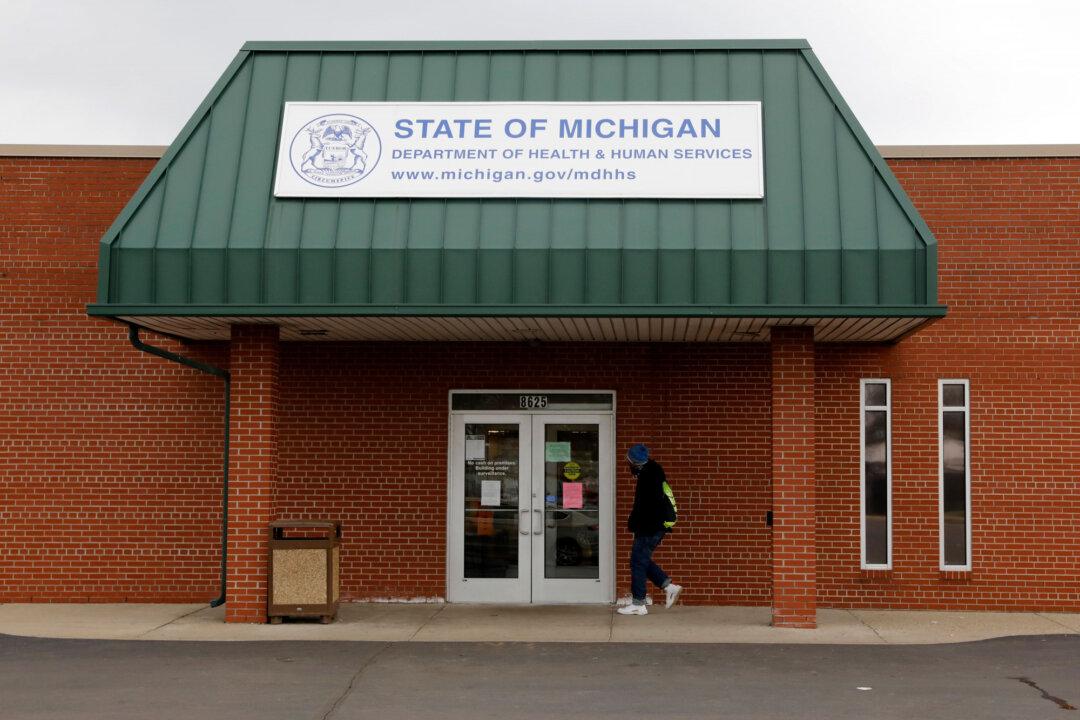The Michigan Supreme Court has dismissed a case challenging the pandemic powers of the Michigan Department of Health and Human Services (DHHS), overturning a lower court’s finding the agency overstepped its authority with sweeping COVID-19 mandates.
By dismissing the case, the high court did not have to rule on the constitutionality of DHHS’s executive powers. It remains a question whether the department can impose similar restrictions on Michigan businesses and individuals in the future without legislative approval.





